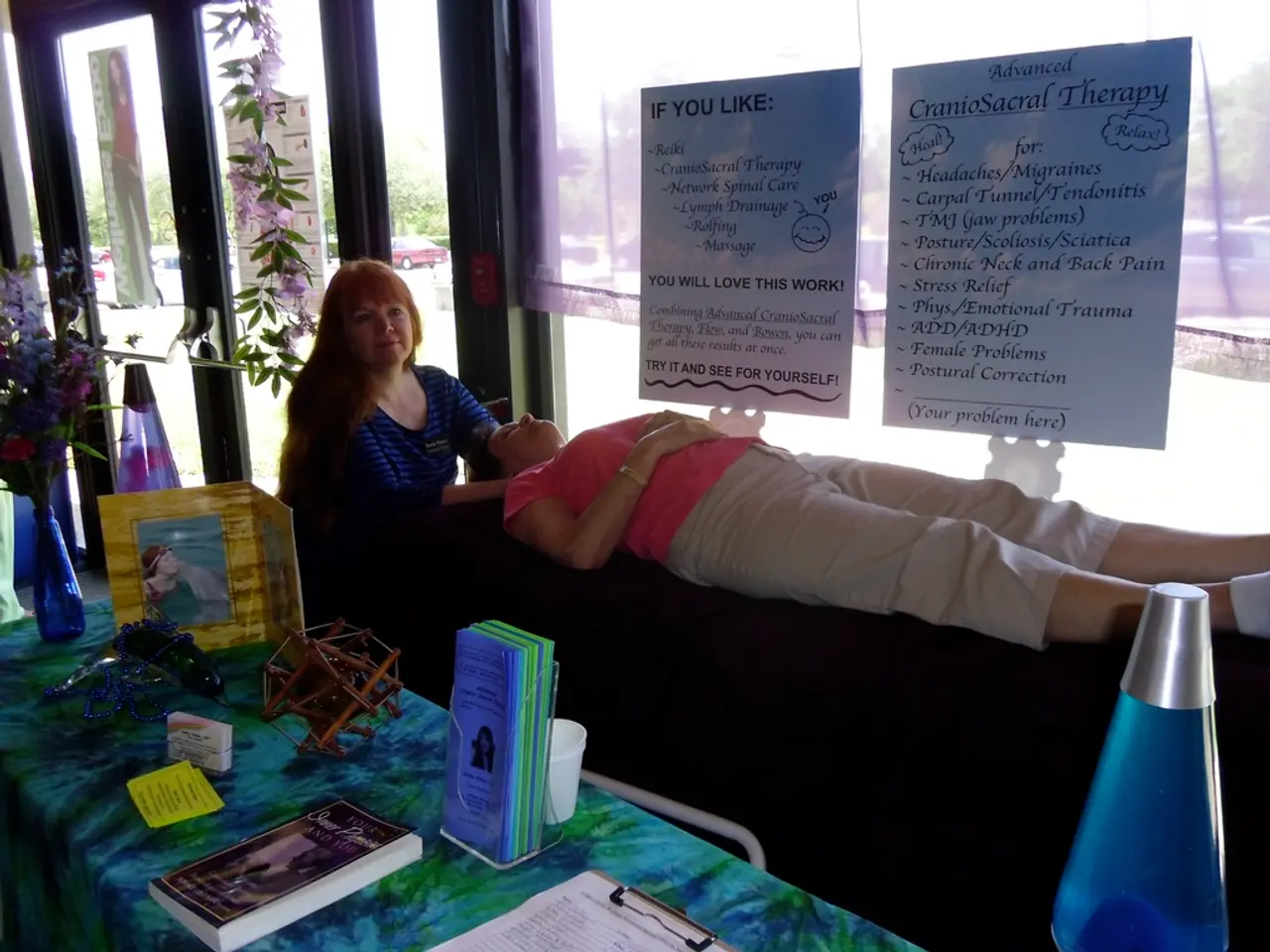Instead of Hate Journaling, Explore These 7 Effective Self-Improvement Options
For those who find traditional journaling unappealing or ineffective, there are several effective self-help alternatives that can foster self-reflection, emotional processing, and personal growth without the pressure of writing in a diary format.
Visual Expression
Creating mood or inspiration boards, such as on Pinterest, can help emotional expression visually rather than through words. These boards allow individuals to capture things that move or inspire them, providing a visual representation of their feelings and thoughts.
Structured Writing Approaches
Engage in expressive writing worksheets or therapies that use prompts or specific exercises to explore feelings without the need for open-ended journaling. These can include writing dialogues, poetry, or listing thoughts in different ways.
Mindfulness and Introspection
Practice mindfulness or combine introspection with activities like meditation and nature walks, allowing reflection and emotional clarity without formal writing. This approach caters to those who prefer a more structured, guided method of self-reflection.
Minimalist Journaling
Use habit trackers or bullet journaling with a focus on tracking mental health, routines, and self-care tasks rather than detailed emotional journaling. This structured, minimalist approach can give a sense of progress and awareness without extensive writing.
Movement-Based Reflection
Allow your mind to wander while doing light activities like walking or cleaning, using memories or ideas as a gentle form of mental processing without requiring written output. Movement-based reflection helps release emotional tension and can open up unexpected clarity.
Therapeutic Support
Engage in therapeutic or counseling support, either in-person or online, which can substitute for journaling by providing a space to express and reflect with professional guidance.
Sensory Experiences
Indulge in comforting sensory experiences, such as lighting candles, using essential oils, or spending time with pets to improve mood and self-care, which indirectly supports emotional health without journaling.
Emotional Reset Rituals
Emotional reset rituals are simple, sensory-based actions designed to gently interrupt emotional spirals, restore calm, and bring you back to yourself. Building your own emotional reset recipes involves identifying the dominant feeling, picking 1-2 senses to activate, keeping it simple + doable in under 15 minutes, and repeating it regularly so your body begins to associate it with calm or clarity.
Self-Help Routine
Creating a self-help routine that fits your emotional landscape is empowering and sustainable. Building your own emotional reset recipe kit involves choosing three recipes from a table, gathering the items you need in one place, and labeling it your "Reset Kit." Mix and match self-help alternatives based on mood, energy, and environment.
Mood-Based Self-Help
Creating your own "Mood Toolbox" involves listing your most common moods, assigning one or two methods that feel good for each state, keeping tools visible and accessible, and checking in weekly. Mood-based self-help honors your emotional state, keeps things flexible, builds emotional intelligence, increases consistency, and reduces burnout or boredom.
Expressive Art
Expressive art allows you to process emotions without needing to explain them, providing another effective self-help alternative to traditional journaling.
Verbal Self-Talk
Verbal self-talk clarifies your inner dialogue and builds emotional awareness, offering a different approach to self-reflection and emotional processing.
Mood-Based Reflection Tools
Mood-based reflection tools help choose a self-help alternative that meets you where you are, without forcing structure or overthinking. Mood-based self-help honors your emotional state, keeps things flexible, builds emotional intelligence, increases consistency, and reduces burnout or boredom.
Ultimately, journaling is a tool, not a rule for self-awareness or mental clarity. Your path to clarity might look, sound, or feel completely different, and that's not only valid, it's powerful. Building your own emotional reset recipes, self-help routine, or mood toolbox can provide a personalized approach to self-reflection and emotional processing, catering to your unique needs and preferences.
- One can use expressive art, such as painting or drawing, to process emotions without needing to explain them in words, offering an alternative to traditional journaling.
- Verbal self-talk encourages clarification of your inner dialogue and builds self-awareness, providing a unique approach to self-reflection and emotional processing.
- Mood-based self-help tools, like a personalized "Mood Toolbox" that assigns specific methods for different moods, allow for a flexible and adaptive approach to self-reflection in themes such as health-and-wellness and mental-health.
- Engaging in activities such as creating mood boards or indulging in pleasurable sensory experiences like candle-lighting or spending time with pets can foster gratitude and improve overall well-being, providing an indirect yet powerful means of emotional health cultivation.








